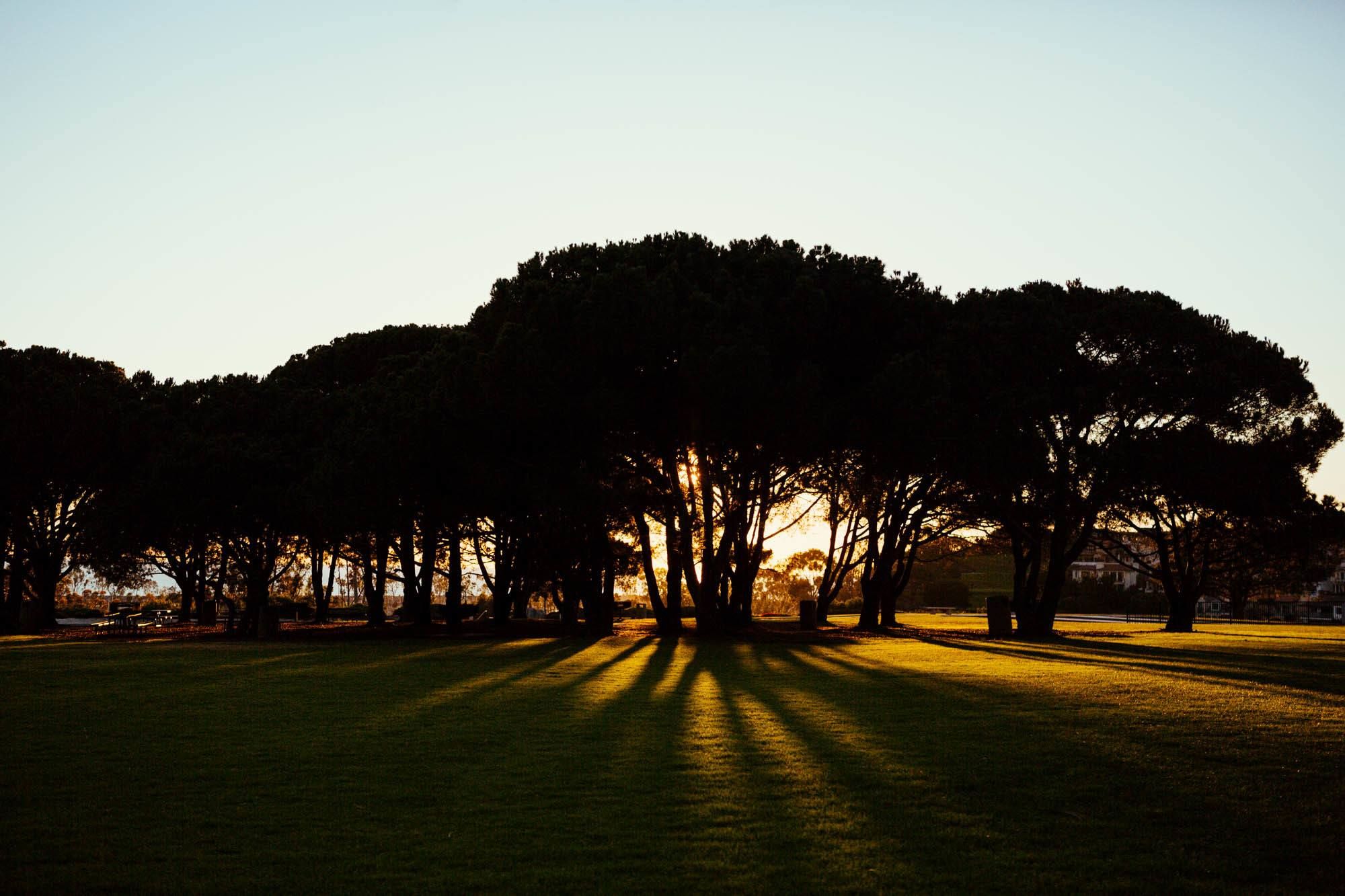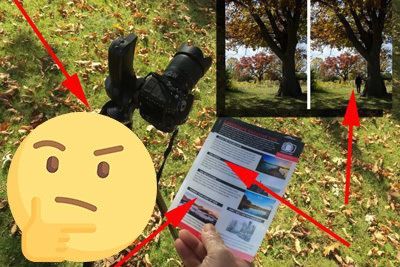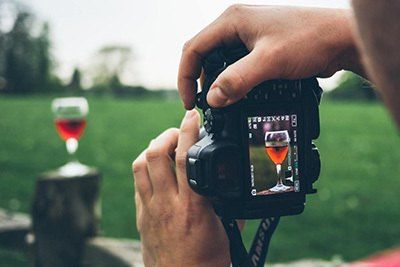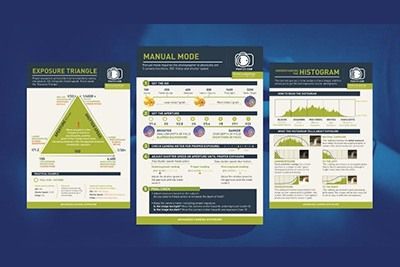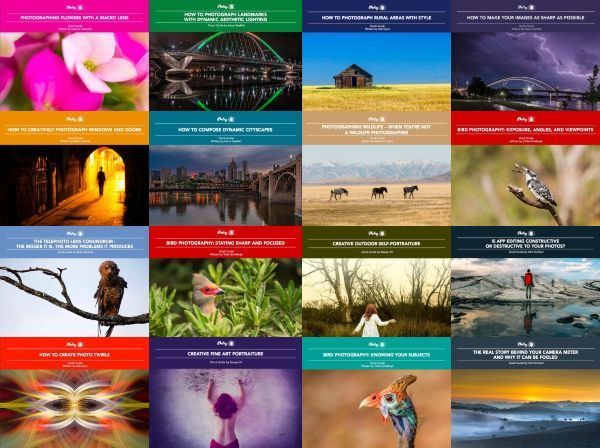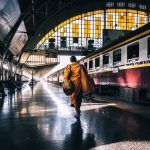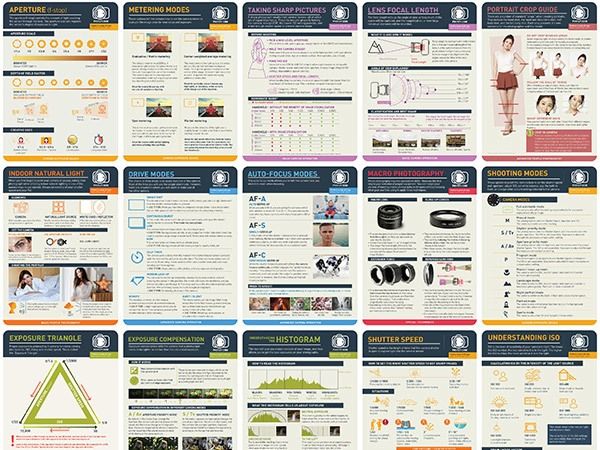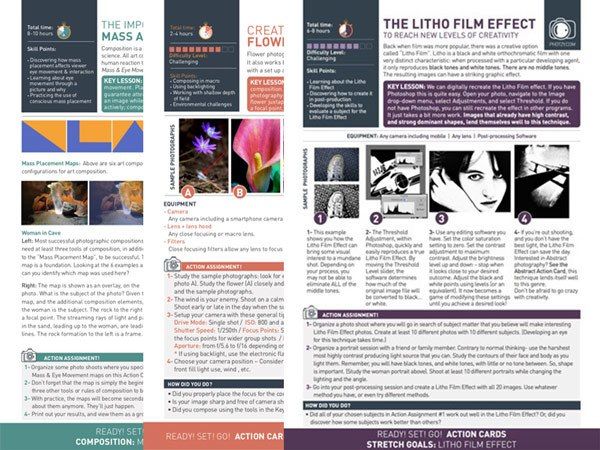On any given day, I have a million things going on in my head and what seems like a million more on little post-it notes all over my house. I have long since let go of the unreal expectation that my life, like my desk, will ever be clean, clutter-free and organized.
You see, I wear many different hats in my life. I am a mom to three kids with wildly different personalities and interests (yes, I am including my dog in this category). I am a photographer who is trying to run a photography business in an extremely competitive market by specializing in culture, people, lifestyle, and travel. I am a podcaster with a show that connects people all over the world to share their cultural stories. I am also a wife, sister, aunt, niece, and granddaughter, and they all come with different sets of responsibilities. I am a wannabe runner, a creative educator, and, somewhere in there, a person who would like to get at least eight hours of sleep a day.
But that’s not really going to happen any day soon, so instead I have learned to embrace the chaos of my life and make the most of my time doing what I do to the best of my abilities. There are a few strategies that really work for me, be it in my business or my day-to-day life. Now, none of this is really rocket science, but in order to keep it relevant to the photography platform, I will link these tips to things we photographers can do while trying to enjoy photography and create work that we are proud of, for ourselves and our clients.
Recommended Reading: If you’d like to improve your photography skills and create compelling images, grab a copy of our Powerful Imagery premium guide by award-winning travel photographer Mitchell Kanashkevich.
Have a Game Plan
Go into every photographic opportunity with a plan, even a loose one. I rarely photograph a subject without having an end goal in mind. Even if I am photographing something just for me, not client-related or paid, I have a plan as to how I am going to create the images and what I am going to do with the images. Maybe it is testing new gear, experimenting in different lighting situations, or perhaps it is photographing my kids playing soccer in the backyard.
Even if I am photographing something just for me, not client-related or paid, I have a plan as to how I am going to create the images and what I am going to do with the images.
In order to keep things on track and achieve something at the end of each photographic exercise, I follow a 10:1 rule. For every 10 minutes of photography time, I want to create at least one stellar, portfolio-worthy image.
Some of the images never see the light of day, and that is also intentional. So many times we put pressure on ourselves to have jaw-dropping images every time we click that shutter.
Key Lesson: Have a plan and set time-based goals.

Accurately Tell the Story
This is very closely tied to the first tip. Before any photo shoot, make sure you know exactly what the outcome is going to be. For my lifestyle photo shoots, I like to have at least 15-25 editable images. For my personal projects, I want to make sure I have enough variety in terms of poses and angles so that I can tell a complete story. Once I know what I want to achieve, I can plan my photography time effectively so I get the results I want.

Working with what we have instead of wishing for what we do not have is key for a successful photoshoot. The client trusts you to make it work no matter what, so be prepared for anything. My story (a.k.a. the plan for this shoot) was all about the connection between two people, and this mom was extremely pleased with the end result! Photograph by Karthika Gupta
This client shoot was done on a very dark and gloomy day in Chicago with indoor overhead lighting. Going into the shoot, I knew I wanted to bring out the connection shared between this first-time mom and her son. Given the young age of the child, I knew getting him to sit still would be next to impossible. So I chose tight crops that focused on emotion and connection between the two instead of wide environmental shots.
Key Lesson: Work with the environment. Use the space to simplify and help you tell a story.
Read the Light and Use It Creatively
On any given day, there are a variety of lighting situations that you might face: soft morning light just before sunrise, warm afternoon sun, especially when the sun is directly above you, orange evening glow when the sun is almost about to set, the blue hour when the sun has already set yet the light particles are in the atmosphere, and indoor lighting with either white or tungsten lights that contrast the evening sky.
Every type of lighting (natural or artificial) brings forth different opportunities to photograph. Being able to read, analyze, and understand what these types of lighting situations are and how to use them to your best advantage will really help you make educated choices. This will assist when planning clients’ photo shoots and/or creative excursions to help you with your photography.
Key Lesson: It’s no secret that dramatic lighting creates interesting photographs. The difficult part is developing the ability see it and use it appropriately.
Recommended Reading: If you’d like to improve your photography skills and create compelling images, grab a copy of our Powerful Imagery premium guide by award-winning travel photographer Mitchell Kanashkevich.
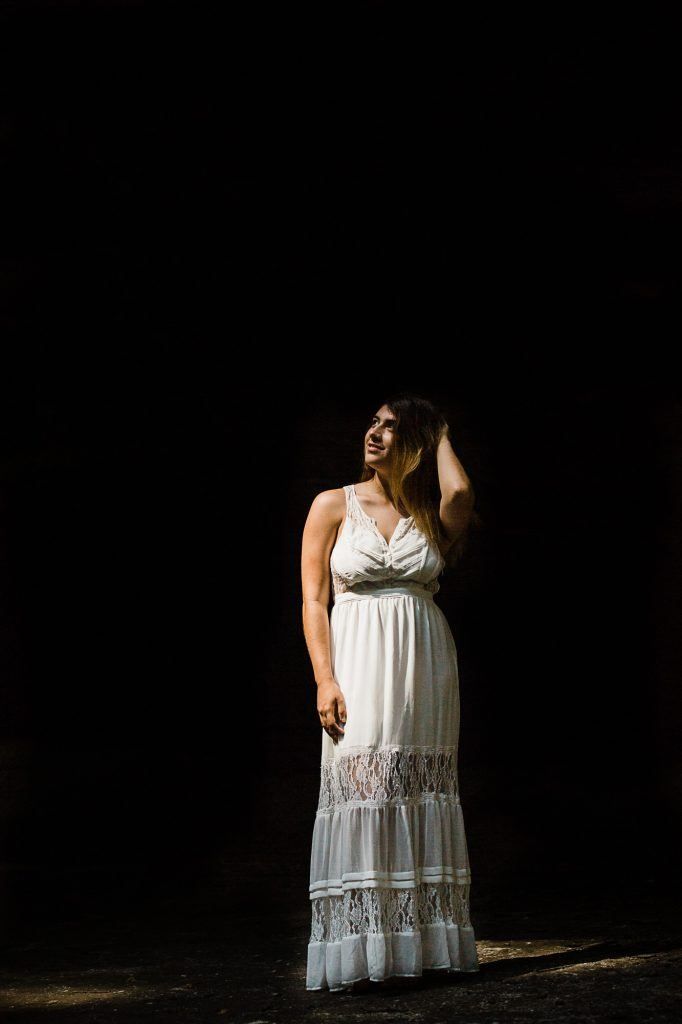
Learn how to read the light that is around you and more than half the battle to create a stunning image is already won. Photograph by Karthika Gupta
Know Your Environment
Before getting to any photo shoot, I highly recommend scouting the location ahead of time. I have been in situations where I have gone to a location only to find out that it was closed to the public or under renovation. I have even had one wedding client change her schedule for photos because she found out late that the local marathon was scheduled for the exact time we were going to do bridal portraits.
A little research and preparation ahead of time go a long way to helping you achieve your photographic goals for a particular photo shoot. Another key tip is to plan for any weather-related mishaps. Here in Chicago, April and May are gorgeous, with blooming trees everywhere, but most days have an 80% chance of rain and thunderstorms, so I always have a primary session date and a backup session date in mind when I schedule my photo shoots. In situations where a reschedule is not possible, improvise and always have a Plan B.
Background and environment is just as important for a successful photo as subject matter, lighting, and props.
Key Lesson: Knowing the environment provides insight as to what might make a dramatic picture. Use your knowledge.
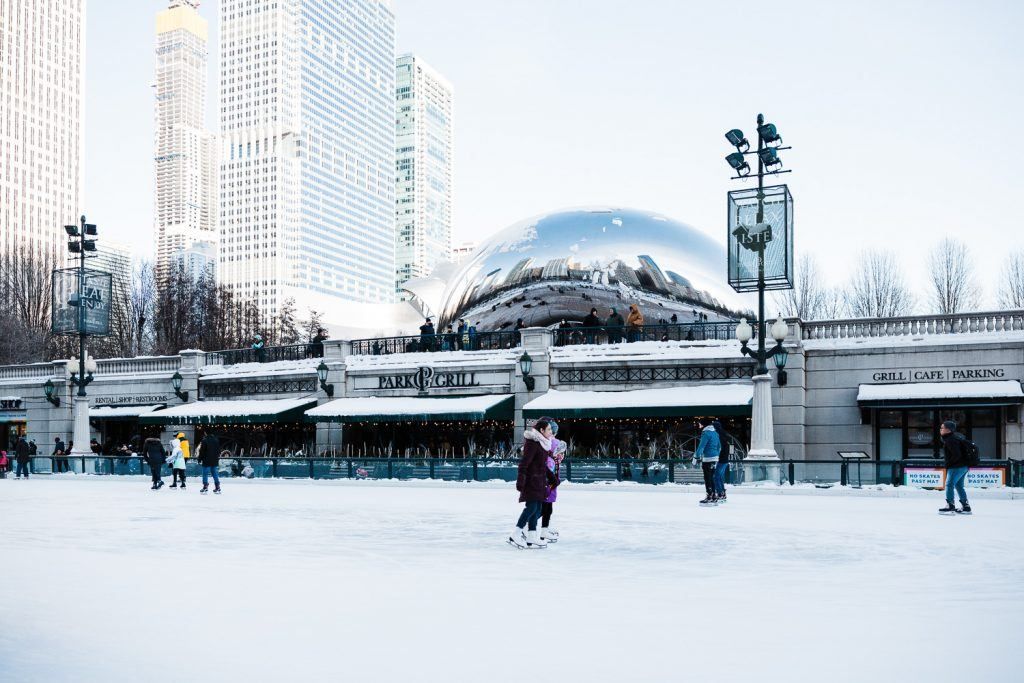
I was testing out some gear, and it was one of the coldest days in Chicago. I knew the skating rink would have people there no matter what, and I was able to get some iconic Chicago landscapes in the frame: the bean, downtown, and locals who are weather resistant! Photograph by Karthika Gupta
Stay True to Your Style
This is something that takes time and experience for most photographers. Early on in your photographic career, every genre and every gig seem attractive and exciting. Rightly so, because you are still trying to find your creative voice. I encourage you to photograph anything and everything you can think of so that you get the experience, confidence, and ability to understand your style.
I define photographic style as that which you gravitate most toward without even knowing it. My photography is authentic, documentary-style editorials. My editing style is fun, fresh, clean, and organic. It has taken me seven years to be comfortable with my style and I rarely deviate from it. Yes, I will still experiment every once in a while, but I always find myself coming back to that which satisfies my creativity. And because I know my style, I know how to structure my photo shoots to ensure that I create images according to my style.
It has taken me seven years to be comfortable with my style and I rarely deviate from it.
I might have the perfect model, the perfect location, the perfect lighting – the perfect everything – but if I don’t have a vision in my head of how to reflect this image in my style, that what sets me apart from the rest of the competition, it might as well be an unsuccessful photograph that I create.
Key Lesson: Learning who you are, in a creative sense, is a huge step toward becoming a competent photographer.
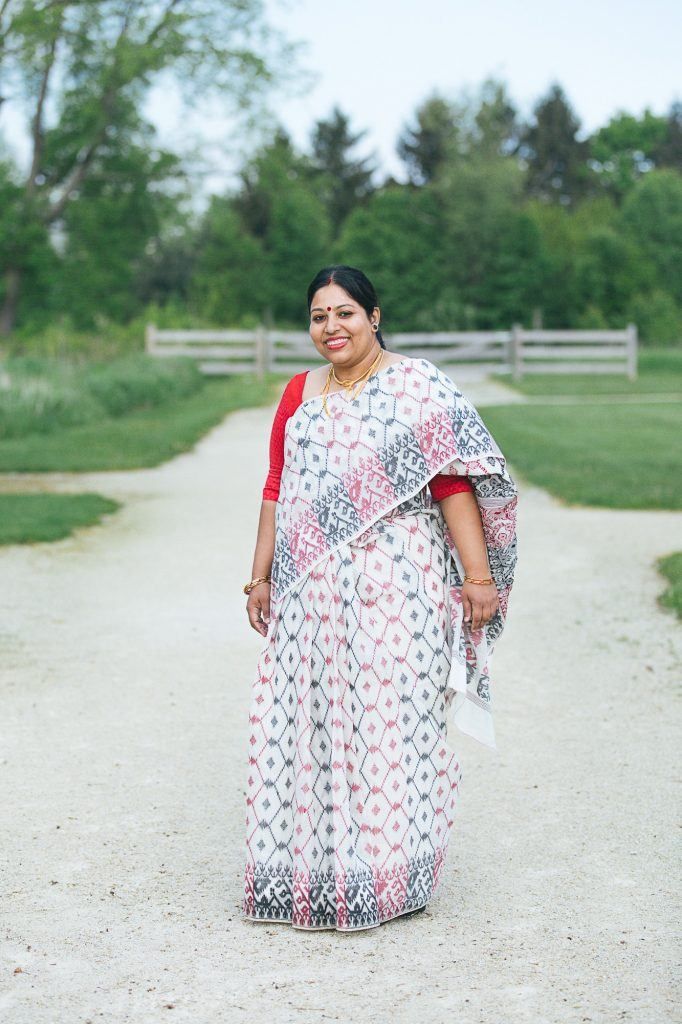
My client really wanted photos in her traditional attire, and by choosing a location with complementary colors and tones, I was able to create images she loved as well as maintain my photography style: fresh, natural, and outdoors. Photograph by Karthika Gupta
Learn Your Market and Know How to Work It
This is a tough one to understand and even tougher to relate back to a successful photograph. The photographic market is a highly saturated industry, especially for specific genres like family portraits, weddings, and fashion/commercial work. There are some incredibly talented photographers out there, and on any given day you can find yourself questioning whether or not you are going to make it in this competitive space.
The most successful photographers are not only good at the art of photography; they are also excellent at the business side of photography. Unless you are into photography just for the pure job of creating images that are only for you, this matters a lot. Great photographers are constantly marketing their skills and their talents not only to their primary client market but also to other supplementary markets. With every photo shoot, outline the post-shoot activities like marketing, blogging, and other business activities that can help spread the word about your talents in the most effective manner. This will make every photoshoot and every photograph have purpose.
Key Lesson: Discovering what you want to do with your photography can lead you down the correct path toward creating high-quality, professionally styled, and wellaccepted photographs.
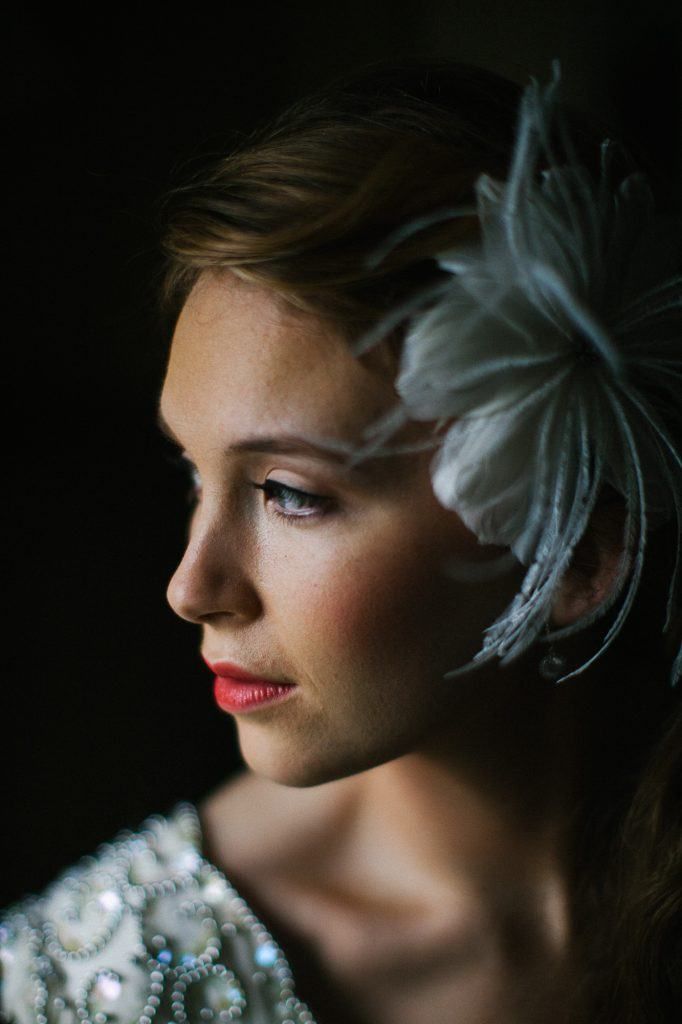
The more you know who you are as a creative, the more you are able to figure out where you stand in a competitive and crowded space and can create and name and a brand that showcases you, your unique talents, and your style of imagery. Photograph by Karthika Gupta
Ace Your Gear
Notice how I put gear last on the list for elements of a good photograph. I truly believe that gear is secondary to all the other things I have listed above: vision, confidence, skill, planning, etc. But having the right gear does make it easy to execute all that you set out to achieve. Do I think you need the latest and greatest gear there is to achieve a good image? No. But at the same time, know what your gear can and cannot achieve. It is very difficult to create motion blur of water from a waterfall without a tripod and a camera that lets you manually slow the shutter speed.
Key Lesson: A carpenter cannot build a house if he does not know how to use a hammer and saw correctly. The same holds true for you, the photographer. Your imagery cannot improve if you do not understand your equipment. Spend time learning it inside and out.
Recommended Reading: If you’d like to improve your photography skills and create compelling images, grab a copy of our Powerful Imagery premium guide by award-winning travel photographer Mitchell Kanashkevich.

I always loved double exposures and for the longest time thought you had to have a film camera to get these kind of creative photos. But once I realized I had the tool all along, I haven’t been able to stop! And my clients love these kind of creative shots that showcase something unique about their images. Photograph by Karthika Gupta
Conclusion
I hope these tips have helped you structure your photography assignments in a more effective manner so as to achieve great imagery no matter what you photograph. I recommend you try a few or all of them and then tweak them to fit your specific needs. Remember, the last thing you want to do is collect thousands and thousands of pictures with no real plan on how to showcase your talent, create a successful portfolio, and market and monetize all that collateral, especially if you are in the business of photography.
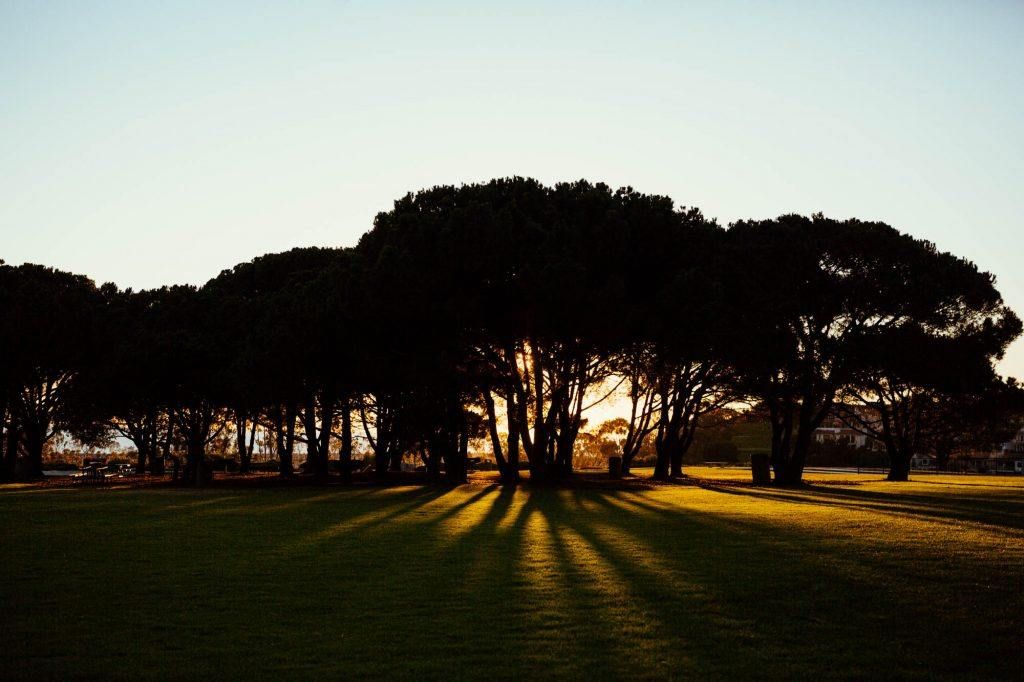
Photograph by Karthika Gupta
- What is the 10:1 rule?
- How can the environment help you to create a better picture?
- What can light help to add to your photographs?
- What does knowing the environment that you will be taking a picture in provide?
- How can learning who you are (in a creative sense) help you?
- Is developing your own style important?
- Can you create great photography without good knowledge of your equipment?


